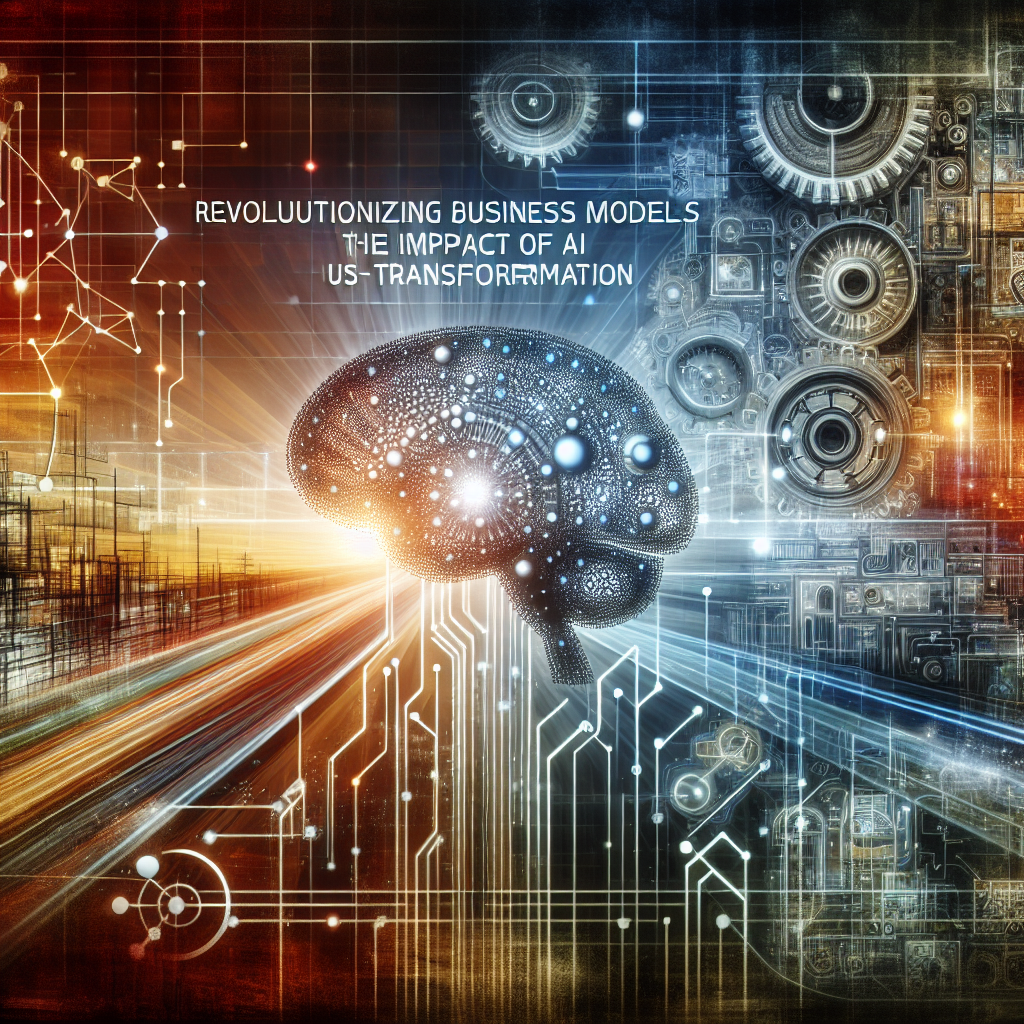In today’s digital landscape, artificial intelligence (AI) stands out as a game-changer across multiple sectors, transforming business models and reinterpreting value propositions. From optimizing operations to enriching customer interactions, the influence of AI is both significant and varied. This article examines how AI is reshaping industries and the consequences for businesses as they navigate this swiftly changing environment.
The AI Transformation
Artificial intelligence encompasses various technologies, such as machine learning, natural language processing, and computer vision, enabling machines to emulate human cognitive abilities. This capability to evaluate data, identify patterns, and make decisions has opened up new opportunities across different fields. Through AI, organizations can automate repetitive tasks, extract insights from extensive datasets, and enhance decision-making processes—resulting in more agile and efficient business structures.
Key Sectors Reaping AI Benefits
-
Healthcare: AI is transforming healthcare by improving diagnostics, customizing treatment plans, and streamlining hospital functions. Machine learning algorithms can analyze medical images with impressive precision, assisting radiologists in identifying irregularities. AI-powered predictive analytics enables healthcare providers to foresee patient needs and enhance outcomes while cutting costs.
-
Finance: The finance sector has adopted AI for fraud detection, risk management, and automating customer support. Algorithms can monitor transactions in real-time to identify potentially fraudulent activity, while chatbots act as virtual agents, offering 24/7 client assistance. Additionally, robo-advisors are democratizing investment management by providing tailored financial advice at reduced costs.
-
Retail: In an intensely competitive retail environment, AI enriches customer experiences through tailored recommendations and adaptive pricing strategies. E-commerce platforms leverage AI algorithms to assess consumer behavior, predicting which products are likely to be bought. Furthermore, AI-enhanced inventory management optimizes stock levels, minimizing waste and boosting profit margins.
-
Manufacturing: Implementing AI in manufacturing enhances operational efficiency and decreases downtime. Predictive maintenance utilizing AI analytics detects equipment issues before they become problematic, conserving both time and resources. Moreover, AI-driven automation streamlines manufacturing processes, facilitating rapid scaling and customization.
- Transportation and Logistics: AI is transforming transportation through self-driving vehicles and improved route optimization. Logistics firms employ AI to forecast delivery times more accurately and enhance supply chain efficiencies. Implementing AI in these domains lowers costs, boosts service quality, and enhances overall operational effectiveness.
Innovating Business Models
The incorporation of AI into business operations goes beyond mere optimization; it fundamentally reshapes traditional business models. Here are several ways AI drives innovation:
-
Data-Driven Decision Making: AI’s capability to analyze large datasets empowers businesses to make decisions based on factual evidence rather than mere intuition. This transition toward data-driven strategies reduces risk and enhances overall operational efficiency.
-
Subscription and As-a-Service Models: Businesses are increasingly moving toward subscription-based frameworks, supported by AI analytics that enhance understanding of customer preferences and needs. This shift fosters long-lasting customer relationships and ensures stable revenue streams.
- Collaborative AI: The rise of collaborative AI, where humans and machines function in tandem, allows organizations to leverage the strengths of both. Hybrid teams can benefit from AI’s efficiency while applying human creativity and insight, leading to innovative solutions that accelerate business growth.
Challenges and Considerations
While the potential of AI is vast, businesses must also acknowledge the challenges it brings. Ethical issues surrounding data privacy, algorithmic bias, and job displacement are critical. Organizations must embrace transparent AI practices to ensure regulatory compliance and build trust with customers.
Moreover, integrating AI into existing structures necessitates a cultural shift within organizations, emphasizing ongoing learning and adaptability. Companies need to invest in upskilling their workforce to enable employees to collaborate effectively with AI systems and harness their full capabilities.
Conclusion
The transformative effect of AI on business models marks the dawn of a new era of innovation and efficiency across various sectors. From healthcare to finance, the operational landscape of companies is rapidly evolving, driven by data and informed decision-making. As organizations adopt AI technologies, they must carefully address the accompanying challenges, ensuring ethical practices and workforce preparedness. Those who can adeptly utilize AI will not only enhance their operational efficiency but also open new pathways for growth and customer engagement in an increasingly competitive market. The future of business is inextricably linked to advancements in artificial intelligence, paving the way for a new generation of enterprises.

